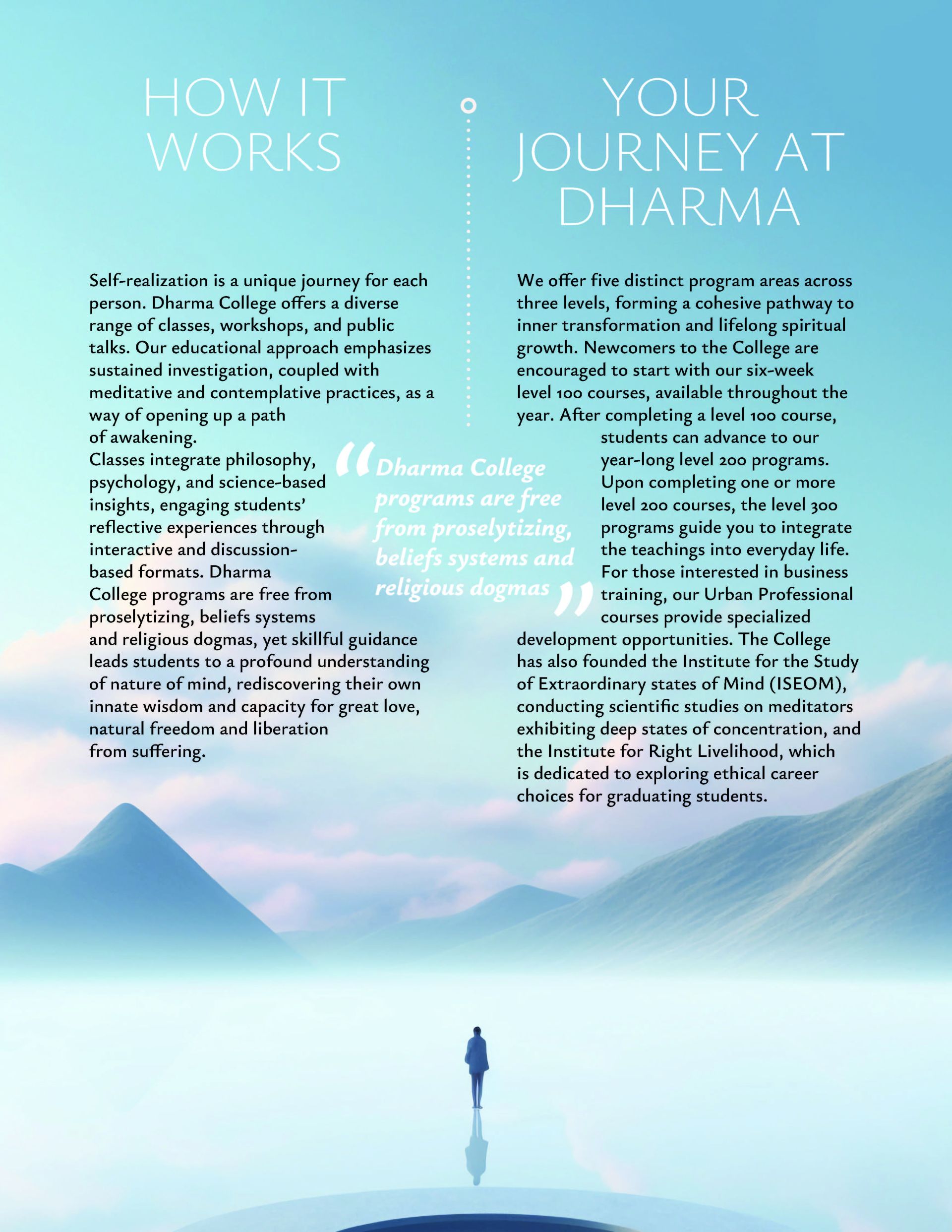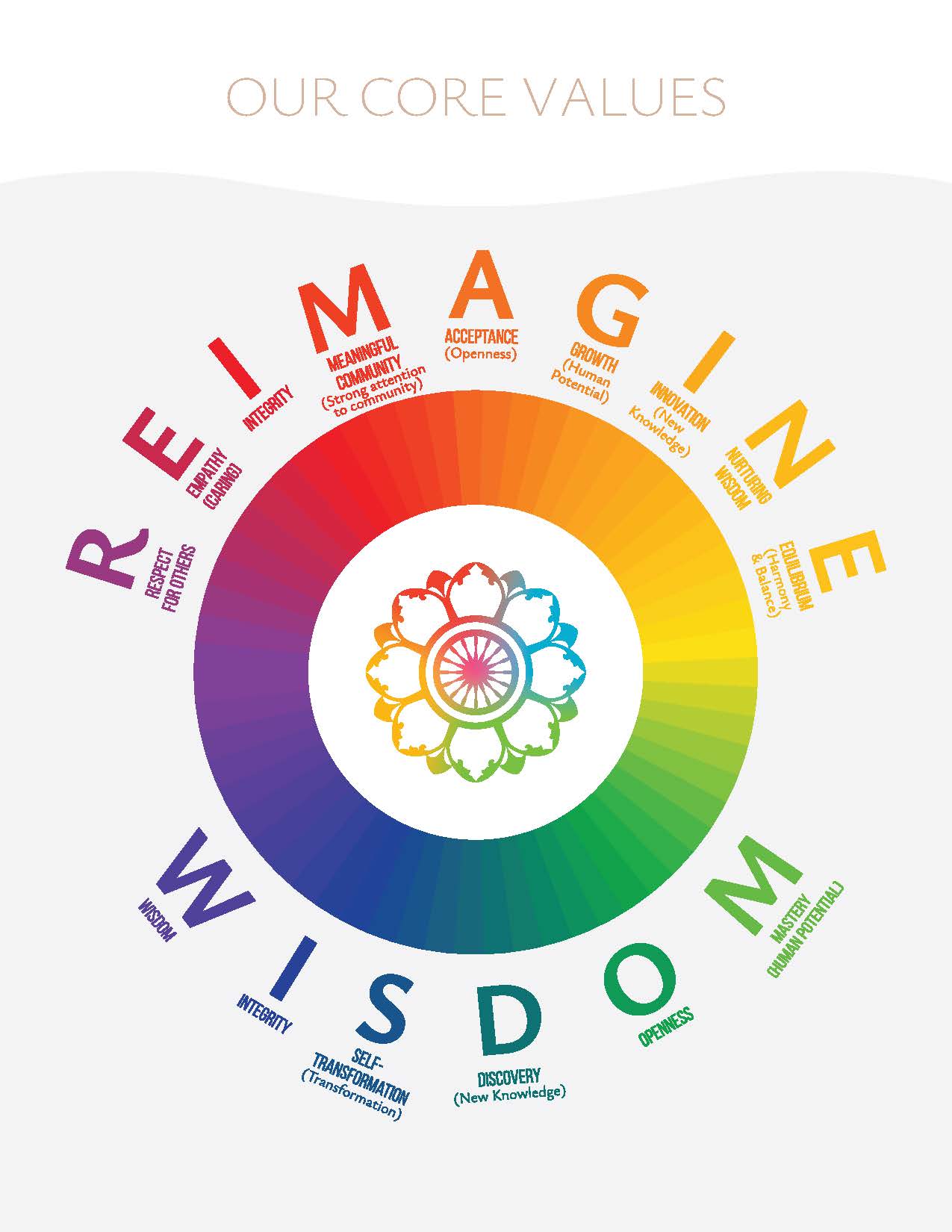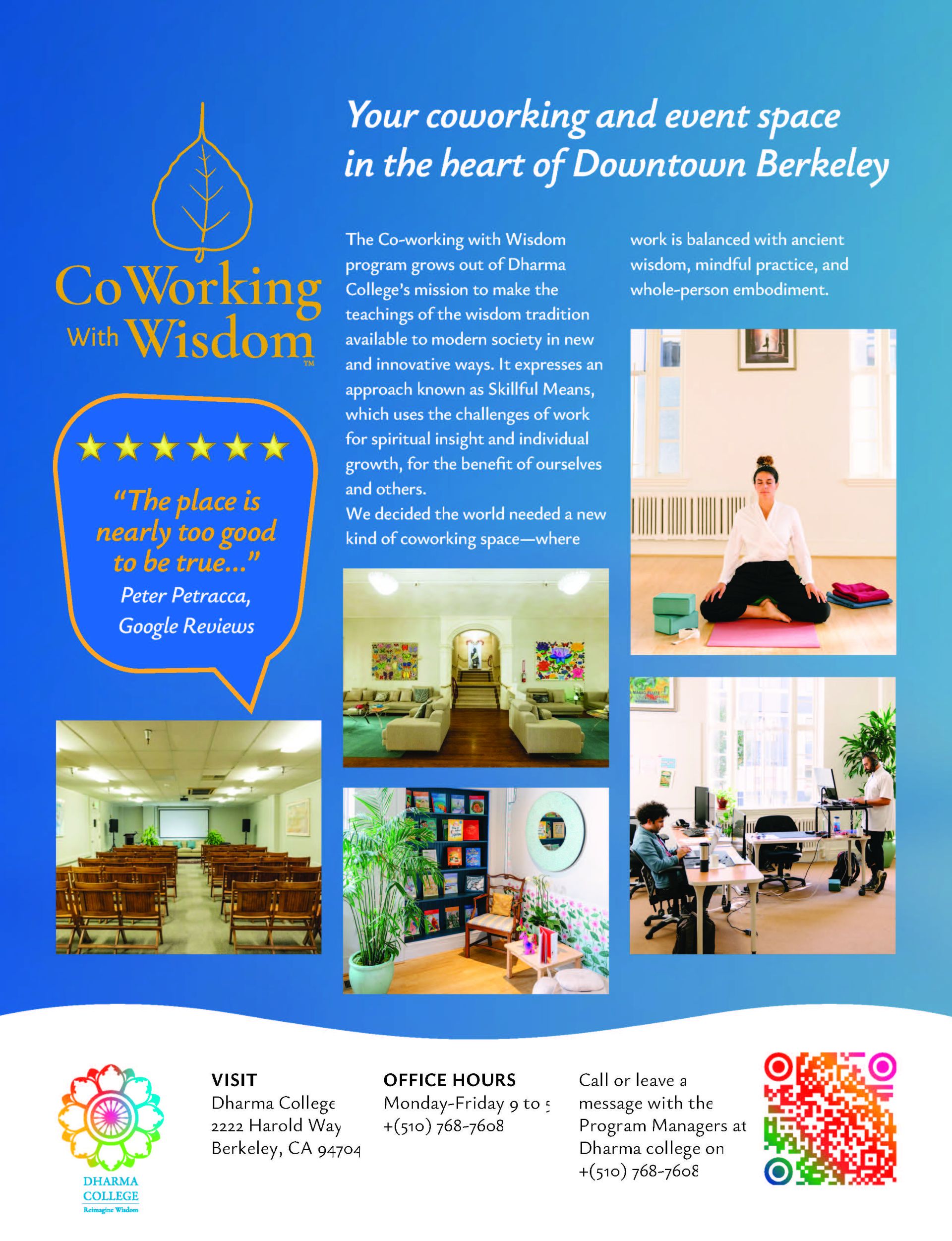Defining Spirituality
The Appeal of Being Spiritual But Not Religious
1. Personal Freedom
Being spiritual but not religious allows individuals to create their own spiritual practices that resonate with their personal beliefs and experiences. This might include meditation, yoga, nature walks, or simply spending quiet time in reflection. This flexibility can make spirituality more accessible and meaningful. Most people still benefit from guidance in such a practice however, but may well seek multiple avenues of growth and expression.
2. Inner Peace and Well-Being
Many people find that spirituality helps them achieve a greater sense of inner peace and well-being. Practices such as meditation, prayer and gratitude which are often central to a spiritual but not religious approach, have been shown to reduce stress and improve mental health. By focusing on the present moment and cultivating a sense of gratitude, individuals can enhance their overall quality of life.
3. Connection to Others and the Universe
Spirituality often involves a sense of interconnectedness with others and the universe. This can foster a deeper appreciation for the beauty of life and a sense of belonging. By recognizing our shared humanity and the larger forces at play, we can develop greater empathy and compassion.
Join Us at Dharma College
Embarking on a spiritual journey is a deeply
personal and rewarding endeavor. At Dharma College, we’re here to support you
every step of the way. Our experienced faculty, supportive community, and
evidence-based approach ensure that you have the tools and guidance needed to
thrive.
Discover what it means to be spiritual but not
religious with us. Visit our website to learn more about our courses and enroll
today. Your journey to a more enlightened and fulfilling life begins here.
References
- Batchelor, Stephen. Confession of a Buddhist Atheist. Spiegel & Grau, 2010.
- Benson, Herbert. The Relaxation Response. HarperTorch, 1975.
- Brown, Brené. The Gifts of Imperfection: Let Go of Who You Think You're Supposed to Be and Embrace Who You Are. Hazelden Publishing, 2010.
- Chopra, Deepak. The Soul of Leadership: Unlocking Your Potential for Greatness. Harmony, 2010.
- Hanh, Thich Nhat. The Miracle of Mindfulness: An Introduction to the Practice of Meditation. Beacon Press, 1975.
- Huxley, Aldous. The Perennial Philosophy. Harper & Brothers, 1945.
- James, William. The Varieties of Religious Experience: A Study in Human Nature. Longmans, Green, and Co., 1902.
- Ryan, Thomas G. Spirituality and Mental Health Care: Rediscovering a 'Forgotten' Dimension. Jessica Kingsley Publishers, 2005.
- Tolle, Eckhart. A New Earth: Awakening to Your Life's Purpose. Penguin Group, 2005.
- Williamson, Marianne. A Return to Love: Reflections on the Principles of "A Course in Miracles". HarperOne, 1992.






Copyright © 2024 Dharma College, All rights reserved.
Dharma College is an experiential academy for investigating the inner depths of mind and opening to an innate understanding of the treasures and freedom of Being.
This email was sent to <<Email Address>
Want to change how you receive these emails?
You can update your preferences or unsubscribe from this list.

Contact
(510) 704-1105

